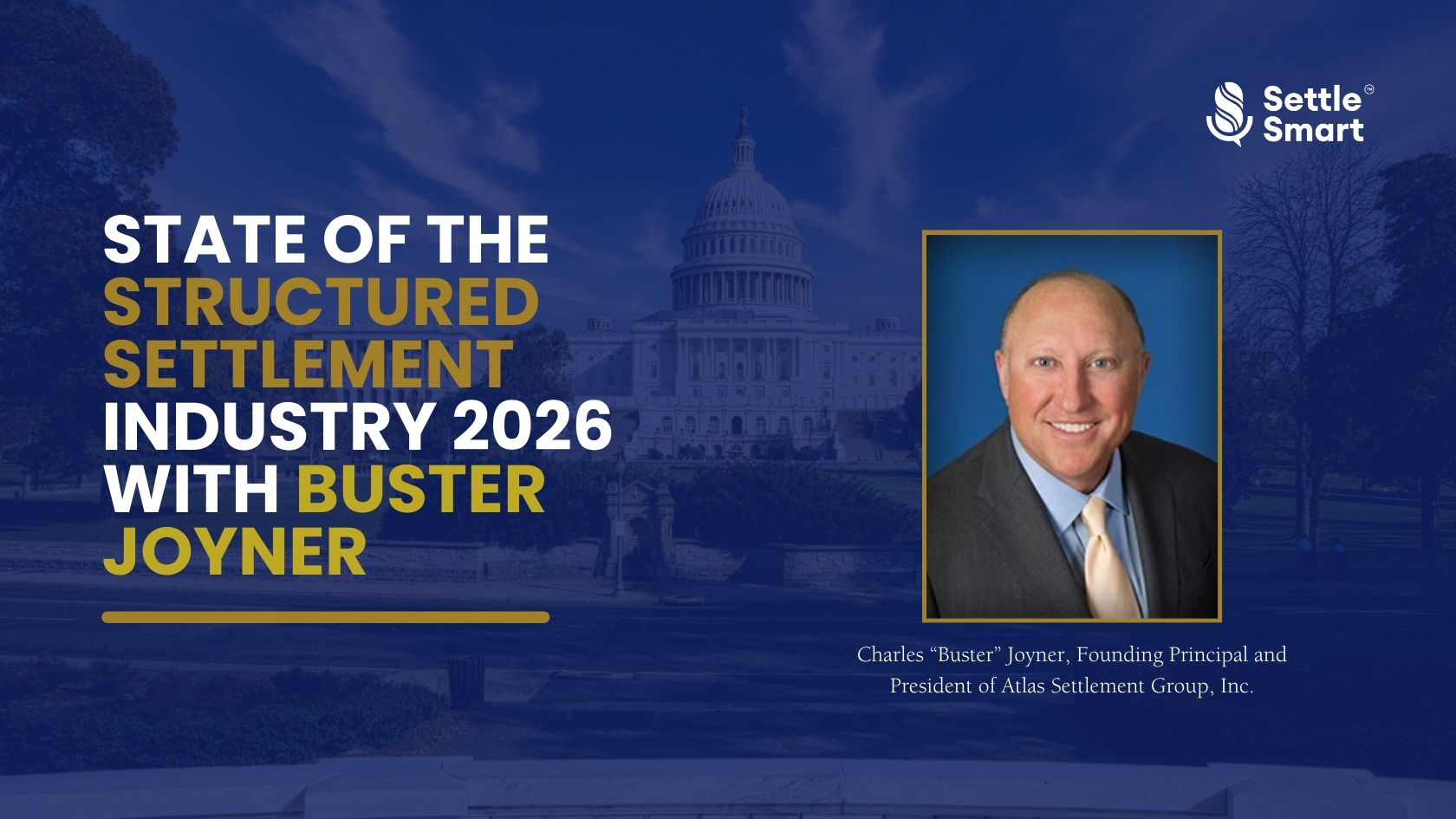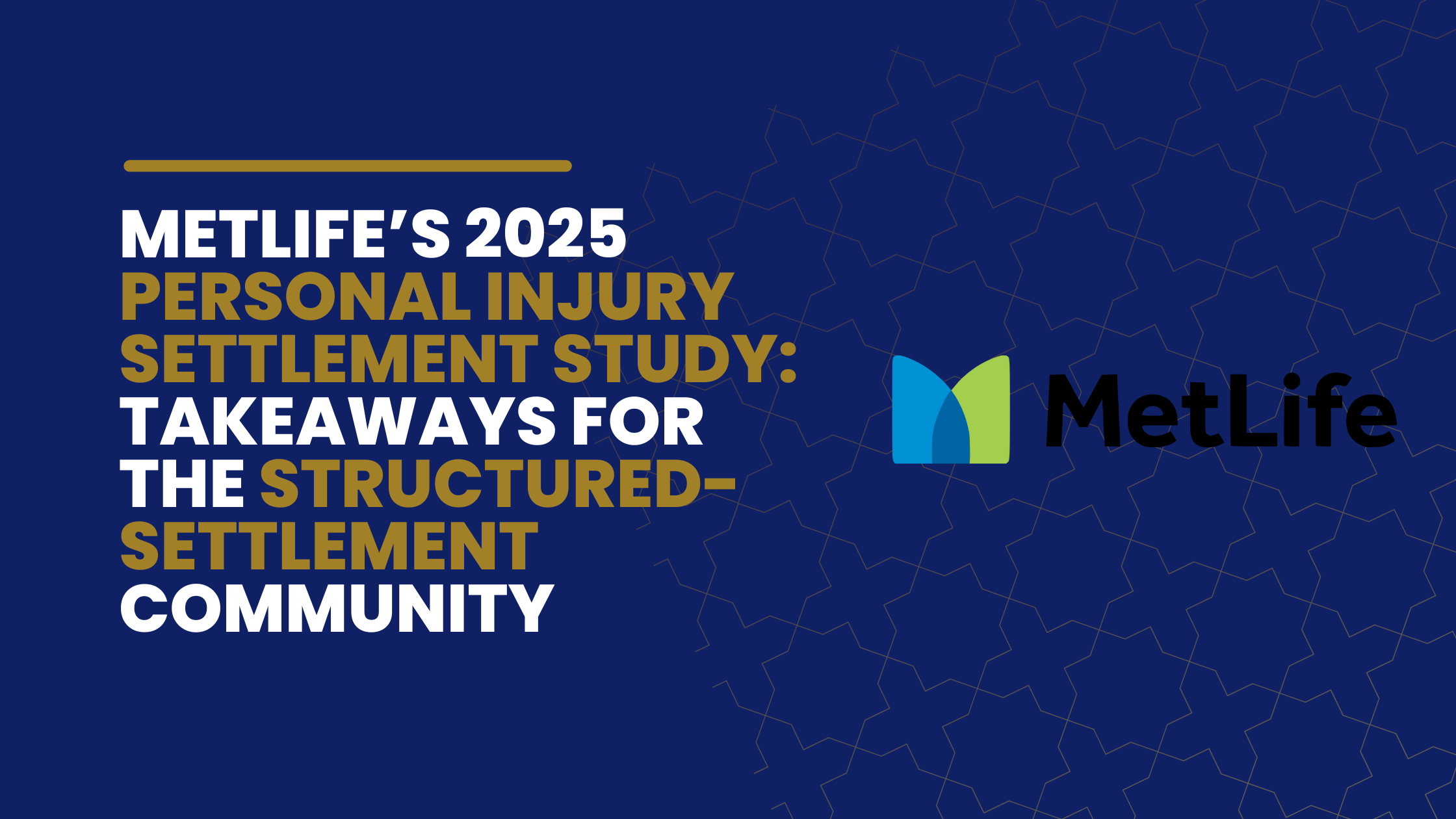The State of the Structured Settlement Industry in 2026
Where Your Voice Goes: Honoring 40 Years of NSSTA PAC Impact
Celebrating 40 Years of NSSTA: A Legacy of Advocacy, Security, and Service
NSSTA Advocates for IRS Guidance Recognizing PTSD as a Physical Injury Under the Tax Code
In a formal submission to the U.S. Department of the Treasury and Internal Revenue Service on May 29, 2025, the National Structured Settlements Trade Association (NSSTA) requested that the IRS include guidance on the tax treatment of damages for post-traumatic stress disorder (PTSD) in its 2025–2026 Priority Guidance Plan. This request was detailed in a letter authored by counsel Matthew J. Meltzer of Flaster Greenberg PC, submitted on behalf of NSSTA.
Objective of the Guidance Request
Athene Joins Structured Settlements As Major Industry Development
The structured settlement industry is witnessing a notable development as Athene, one of the largest insurance companies in the United States, announces its entry into the structured settlement market. In a recent NSSTA Settle Smart podcast episode, industry leader Eric Vaughn sat with Athene's senior leadership to discuss this development.












